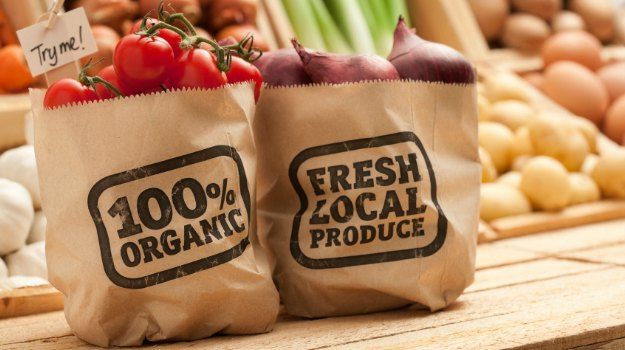How much do you really know about organic food? These days we are so obsessed with living healthier lives that we often make decisions without knowing all the facts.
For example, we may think buying organic food at the grocery store is an easy way to eat healthier, but that's not always true.
There are a lot of myths and assumptions about this health trend that people are happy to believe, but it's important to learn the truth - the whole truth - so you can make a good decision for your family's health.
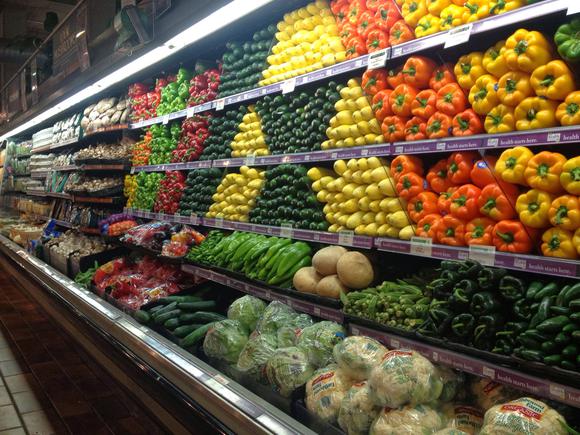
Organic doesn't mean healthy
Somewhere along the line we seem to have mistaken what the word organic actually means.
Organic food is raised without the use of synthetic pesticides or harmful chemicals - and without hormones, in the case of meat - but that's it.
That doesn't mean it's healthier than regular food, only better for the environment. In fact, a review in the Annals of Internal Medicine studying 45 years of research found there was barely any difference between organic food and regular food when it comes to nutrition.
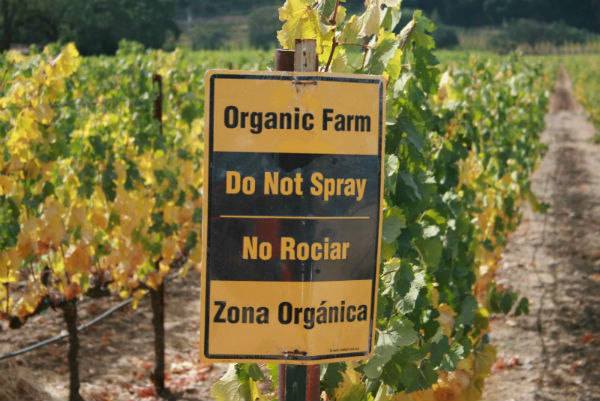
And if you're worried about chemicals, you should know that organic foods aren't pesticide free. They just use safer pesticides!
Even if organic foods were healthier, if you don't change your eating habits it wouldn't matter. Tuna casserole with organic ingredients is as unhealthy as a regular tuna casserole.
Think of your wallet
So if organic foods aren't any healthier than regular foods, what's the biggest difference? That's easy: how much you spend on them.
Not only are organic groceries costly, they usually spoil faster because they haven't been treated with preservatives.
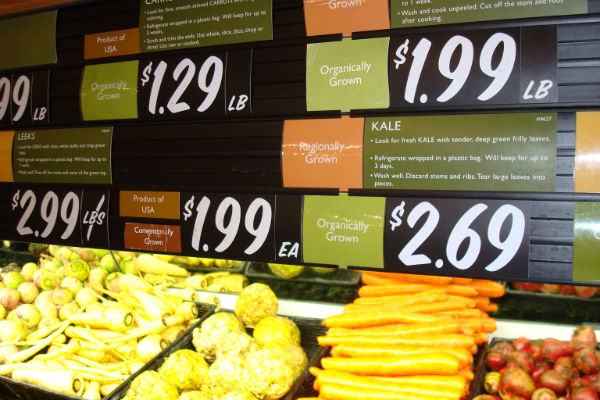
If you get in the habit of buying expensive organic produce and then watching it go stale, you're not doing your family any favors.
You'd be better off buying regular, cheaper fruits and veggies that will last long enough to make a healthy meal.
There are hidden risks
If you're looking to avoid harmful pesticides, buying organic is a smart choice. But organic food won't keep you safe from food-borne diseases like E-coli and salmonella.
It's true that organic meat is less likely to carry certain kinds of antibiotic-resistant illnesses, but that's pretty much the only benefit when it comes to diseases.
There's another risk to buying organic food: paying extra for food that isn't really "organic." There's a difference between the claims food companies make on their labels and food that has really been Certified Organic by the government.
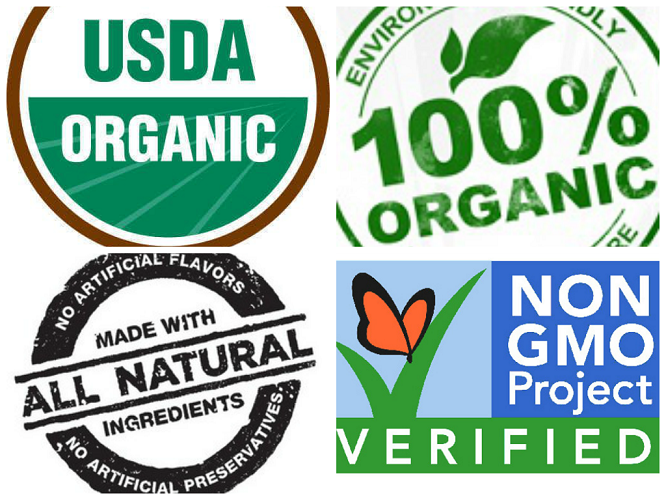
If you're shopping for organic produce, make sure you know all the facts about the food in your shopping cart!
Do you buy organic food? Share this post and let us know!
